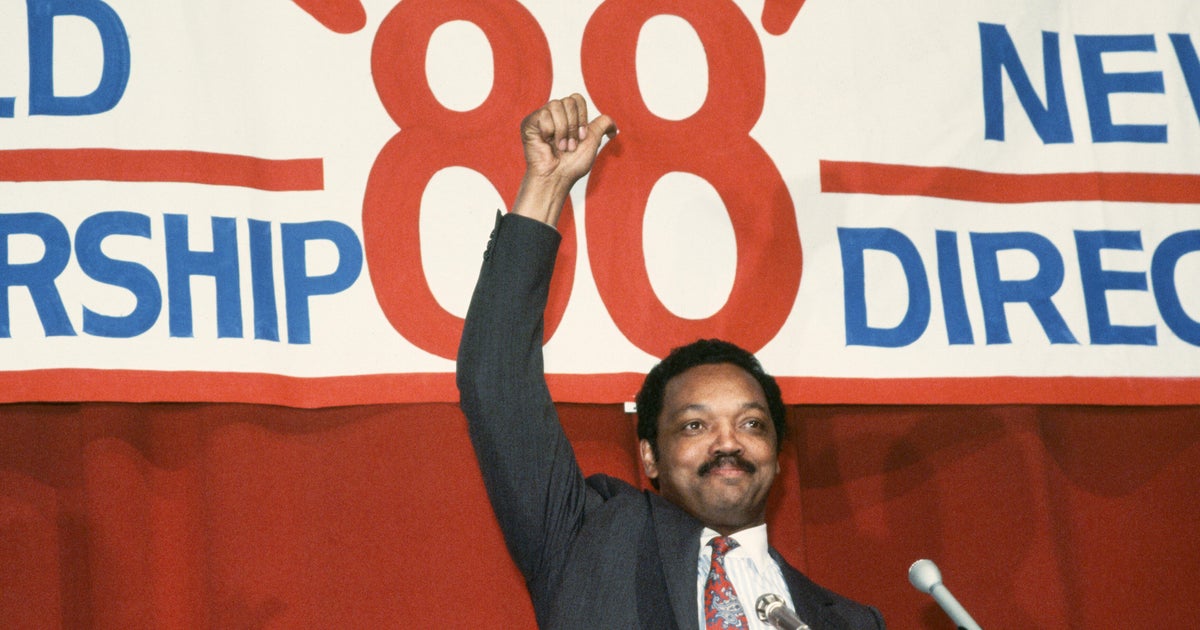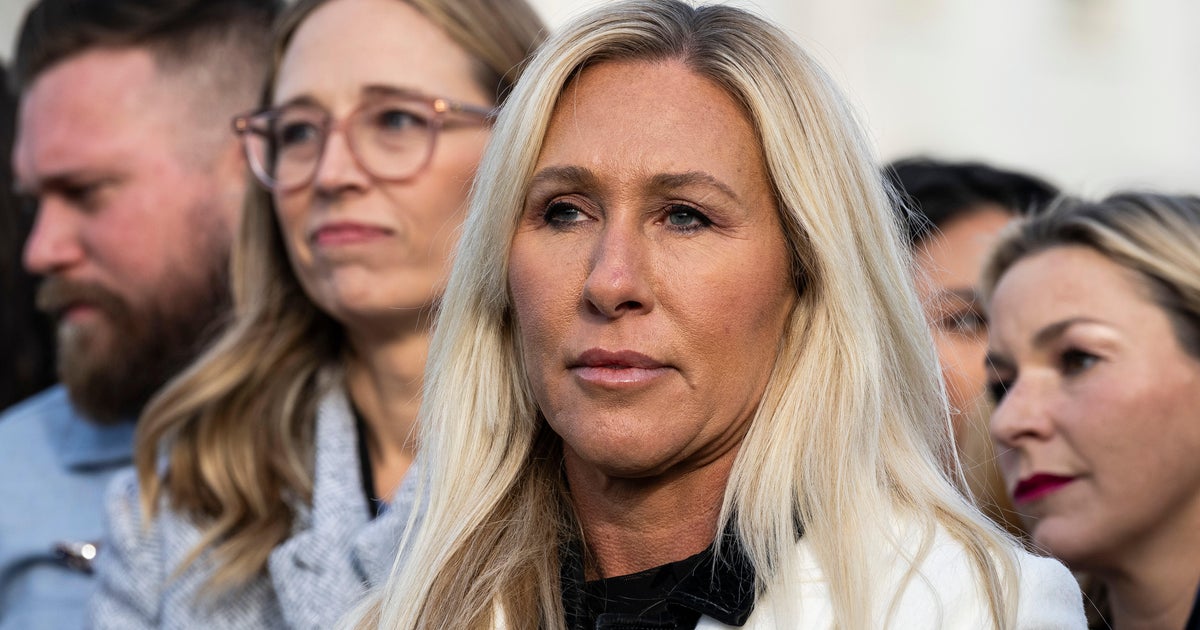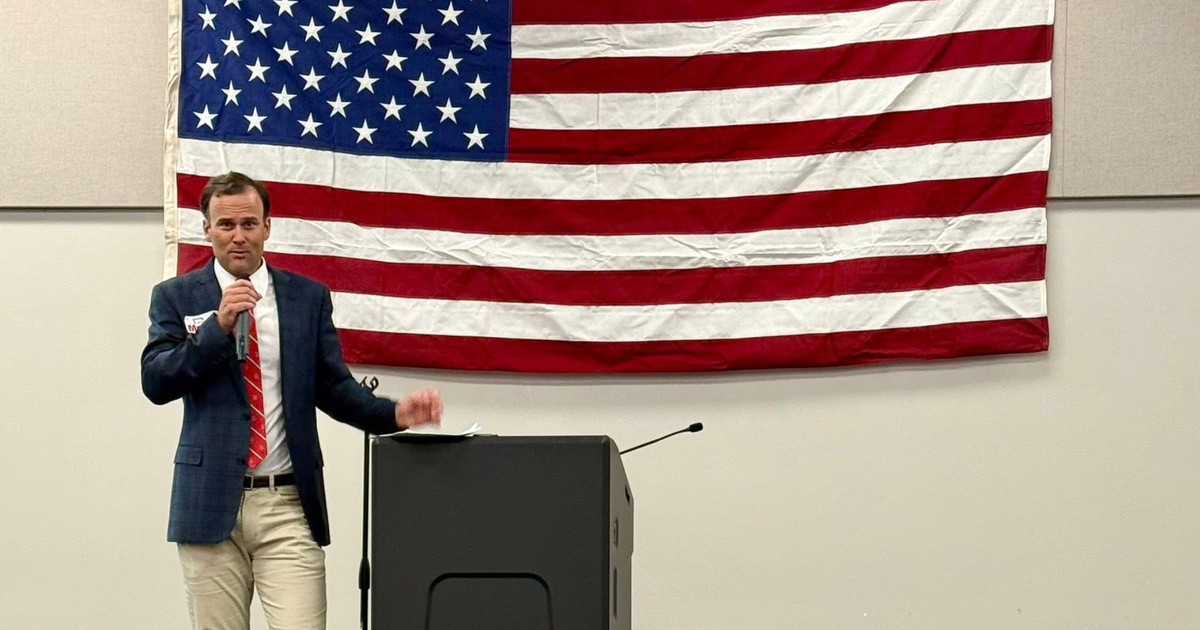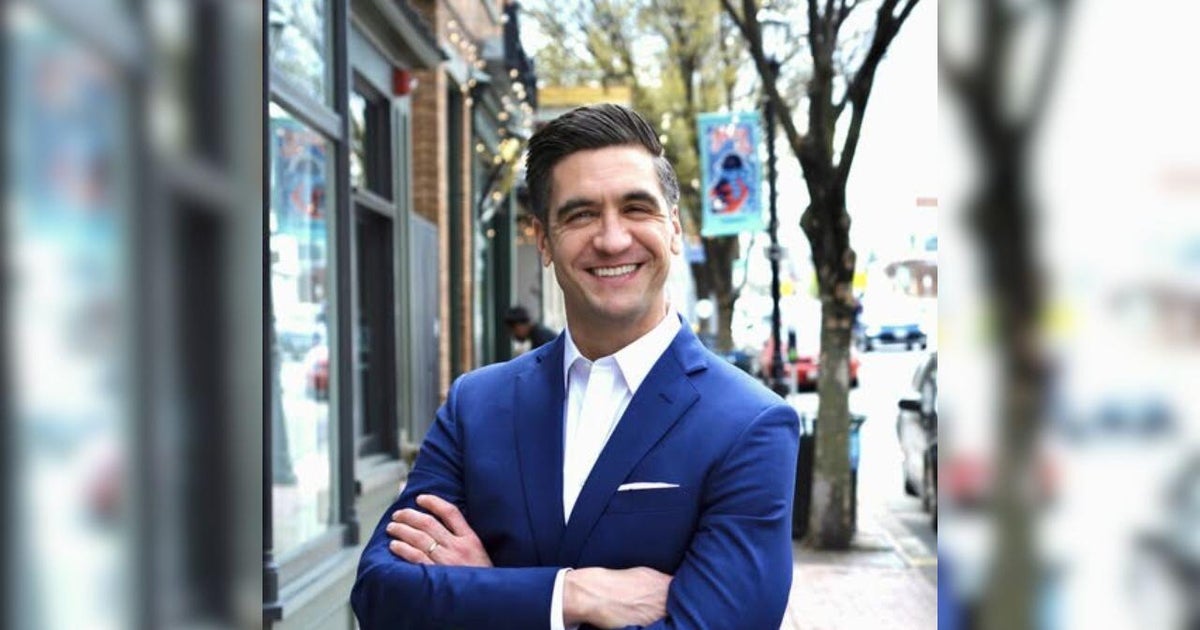Opinion: "Digital Politics" Is Here Without The Candidates
With all the communicative access to current local, national, and global information, expecting the masses to settle for media headlines and sound bites is insulting to today’s technologically-aware audience.
With digital politics in 2012, sound bites of the past don’t make it anymore for voters who are trying to decide who they are going to support. Likewise, single topics don’t win elections either. In these times, politicians need to be communicating their plans that cover the gamut of interests of which the many sectors of the US citizenry have. In particular, independent voters need to understand where each candidate stands on many issues so that they can decide who their candidate-of-choice will be.
Current politicians and the media haven’t caught up with the times in regard to “digital politics”. We are continually fed sound bites from the media that are crafted by the politicians and their creative staffs. Both major Parties – as well as most media outlets – are guilty of feeding Americans headlines without depth. The candidates believe 140-character or less Twitter tweets are sufficient. They aren’t.
With all the communicative access to current local, national, and global information, expecting the masses to settle for media headlines and sound bites is insulting to today’s technologically-aware audience.
We shouldn’t allow continued sound bites regarding the economy, the job market, and health care to decide the next election. Granted, they are important topics, but there is so much more going on in the lives of US citizens as well. While the media claims that we are basically interested in nothing else, we know that isn’t true. The public, led by the media, should be asking the in-depth questions that require our politicians to detail their plans much more than they have.
Besides, people easily get bored and tune-out the politicians who dwell on singular issues delivered by predictable-speak.
The politicians could learn a lot by looking at trends in education. Integration of topics, which has been the focus of educational methods for some time, is the answer. For example, political science is no longer taught without an integration of history and the world economy. A world culture course is no longer taught without an integration of politics, world economics, and race relations. Health is now taught with science, medicine, and sophisticated technologies incorporated. Writing courses are designed to include an array of technologies – written, audio, visual, self-produced content – and a complete understanding of the growing impact of social media, which is leading us into the future.
With all the integration taking place in education and our everyday lives, politicians and the media should not expect us to settle for stilted sound bites and headlines on so few topics. As voters focus on Election Day, they deserve more than the few singularly focused topics of which the politicians and the media have decided the masses should settle.
While every candidate promises to improve the economy, Americans should be hearing what candidates plan to do with regard to the nation’s economics. Whether a candidate plans to invest our nation’s resources in improved medicine to save our sick or spend funds on better education for our nation’s future is of concern to many. Whether a politician wants to invest in global technology or lead the world in green environmentalism is important to some. Yet, it appears as though the politicians and the media have decided that all we should hear about is the economy including the related job market news and the related health care battle which will include a tax for many Americans.
President Barack Obama needs to revert back to his town hall meetings that allow everyday citizens to stand with him face-to-face to ask the hard questions that are of concern. Of course, this was much easier for Obama to do when he was speaking on “hope and change” four years ago rather than on his record in 2012.
Mitt Romney needs to do the same on his campaign trail. He shouldn’t fall into the trap of only talking about the limited media-chosen topics. He should be creating new topics of interest within his public appearances. He, too, should be doing the one-on-one with voters via town halls.
Scripted speeches by candidates - which attack one another and give few clues as to what their plans are for the future - aren’t helping voters get a grasp of the candidate they are allegedly supporting.
Furthermore, with all the campaigning President Obama has done the past three-and-a-half years, America is just about campaigned-out. To revitalize America’s interest in the 2012 presidential campaign, Obama and Romney – as well as every other politician running for any office in 2012 – need to integrate more topics in their presentations – they need to cover more ground.
Even with the high-profile Supreme Court decisions released recently regarding Arizona immigration and health care reform, both Obama and Romney responded with brevity – in spite of the pages upon pages of details released on both matters by the high court. Sound bite-laden speeches and campaign ramblings don’t make it with the American people who want to hear more about the candidates’ beliefs.
Politicians are insulting the public and extremely naïve to think the nation is going to get excited about an election in which the candidates are leaving us listlessly uninformed on their beliefs on a wide range of topics. America is bored with the current repetitive rhetoric from our candidates, and - as the candidates will find out - a bored electorate doesn’t show up at the polls.
About Scott Paulson
Scott Paulson writes political commentary for Examiner.com and teaches English at a community college in the Chicago area. The views and opinions expressed in this post are those of the author and do not necessarily reflect the official policy or position of CBS Local.







